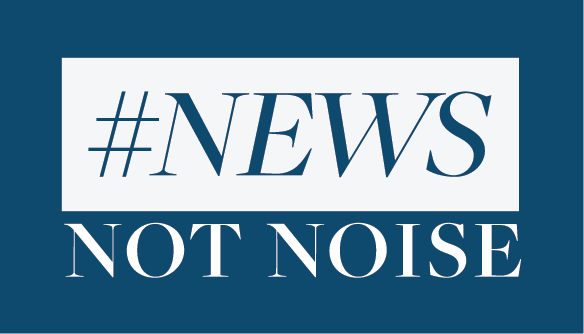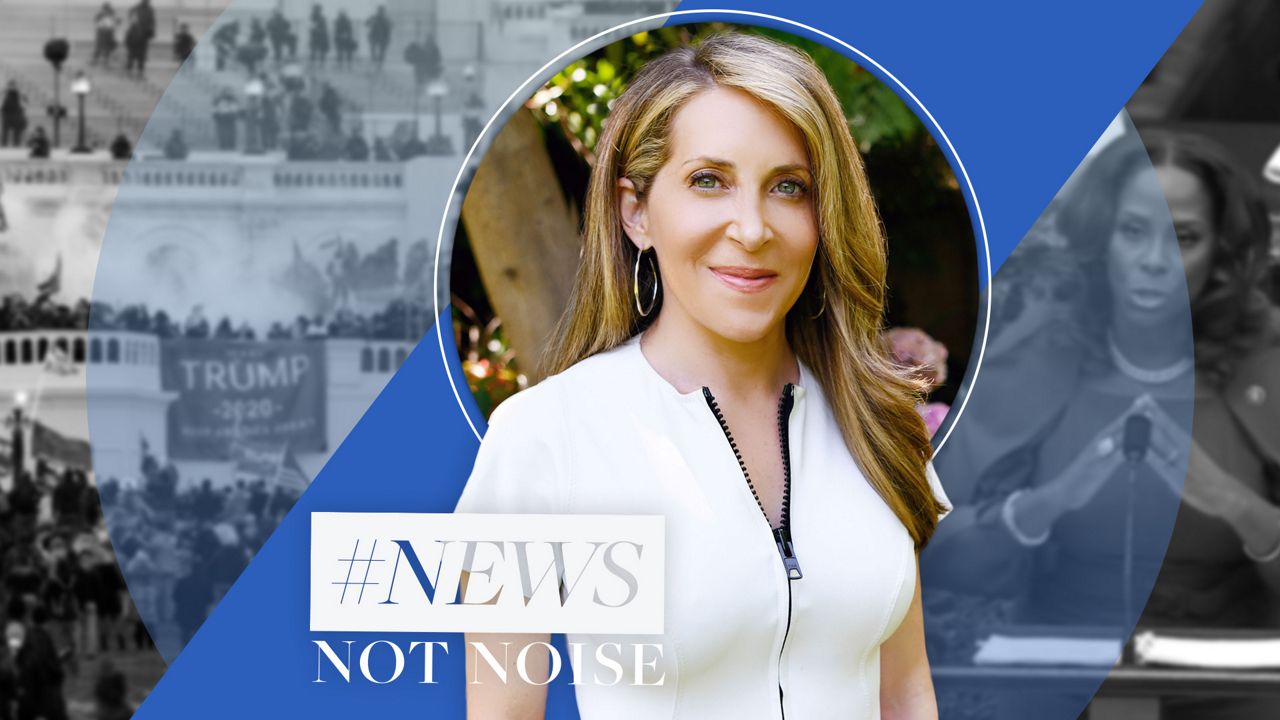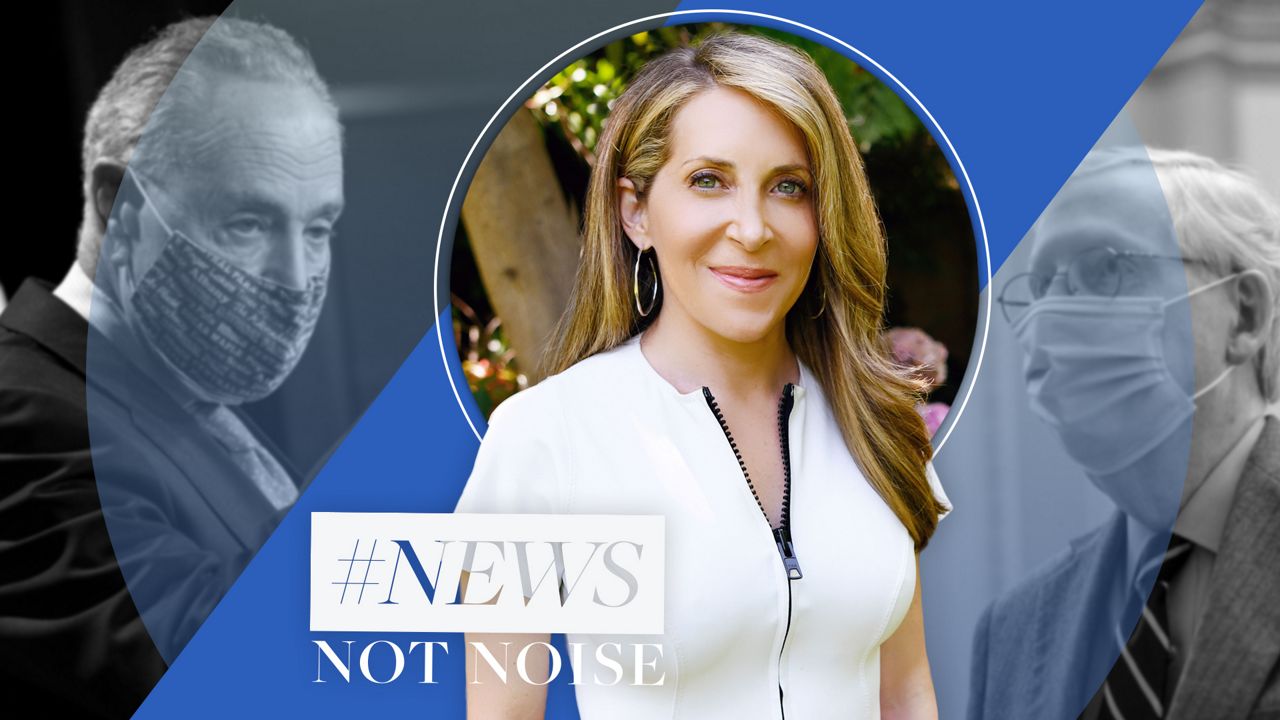The U.S. House of Representatives is aiming to pass President Joe Biden’s $1.9 trillion COVID relief bill as soon as Friday. Democrats need a simple majority to advance the bill to the Senate, where they hope to have the bill on Biden's desk before current benefits expire on March 14th.
The bill includes an increase in the federal minimum wage to $15 an hour by 2025. That would be the first increase in the federal minimum wage in twelve years. A Yahoo Finance-Harris Poll finds that 83% of Americans support raising the minimum wage. The same poll shows Americans believe, by wide margins, that those who work full time should earn enough to live above the poverty level (72%), and that raising the federal minimum wage would be good for the overall economy (59%).
The increase is not a sure thing: For one, some in Congress argue $15 is too steep an increase.
Among those members of Congress, Sen. Joe Manchin (D-WV) is proposing an $11 an hour minimum wage. Republican Sens. Mitt Romney (R-UT) and Tom Cotton (R-AK) introduced a measure to increase the minimum to $10 – phasing in after the pandemic ends. Their bill also includes new requirements that employers screen out undocumented workers.
While the minimum wage is all but certain to win passage in the House, it’s not certain it will even make it into the Senate version of the bill.
That’s because Democrats plan to pass the COVID relief package in the Senate with a simple majority vote. To do that, they’ll use a Senate process called budget reconciliation which requires that the Senate parliamentarian agree that all elements of the bill meaningfully impact the budget. Some Senators, including Arizona Democrat Kyrsten Sinema, argue it’s "not appropriate" to include the wage hike in a budget bill.
The decision on whether or not it can be included falls to Elizabeth MacDonough, who has been Senate Parliamentarian since 2012. She’s the first woman to serve in that role and has won rare praise from both sides of the aisle.
Progressive stalwart Sen. Bernie Sanders (I-VT), a co-sponsor of the minimum wage increase, has said, "she's very solid. She listens to all the evidence."
And a spokesperson for Republican Minority Leader Mitch McConnell (R-KY) described MacDonough as "a thorough and fair referee and a walking encyclopedia of Senate precedent and procedure."
For her to keep the measure in the bill she must determine that the increase is not "merely incidental" to the budget.
If the parliamentarian strips out the provision and if 50 Senators support its inclusion, Democrats have a fallback option: Vice President Harris could act as the tie breaking vote to overrule the parliamentarian – but that’s tricky politics. It would force the White House to decide whether to upset its base by backing off a key progressive priority, or to upset Republicans with a move that breaks with modern Sentate precedent.
A study from the non-partisan Congressional Budget Office found that increasing the minimum wage to $15 an hour by 2025 would cost the US 1.4 million jobs by 2025, but also increase wages for 17 million Americans directly and lift 900,000 Americans out of poverty.











